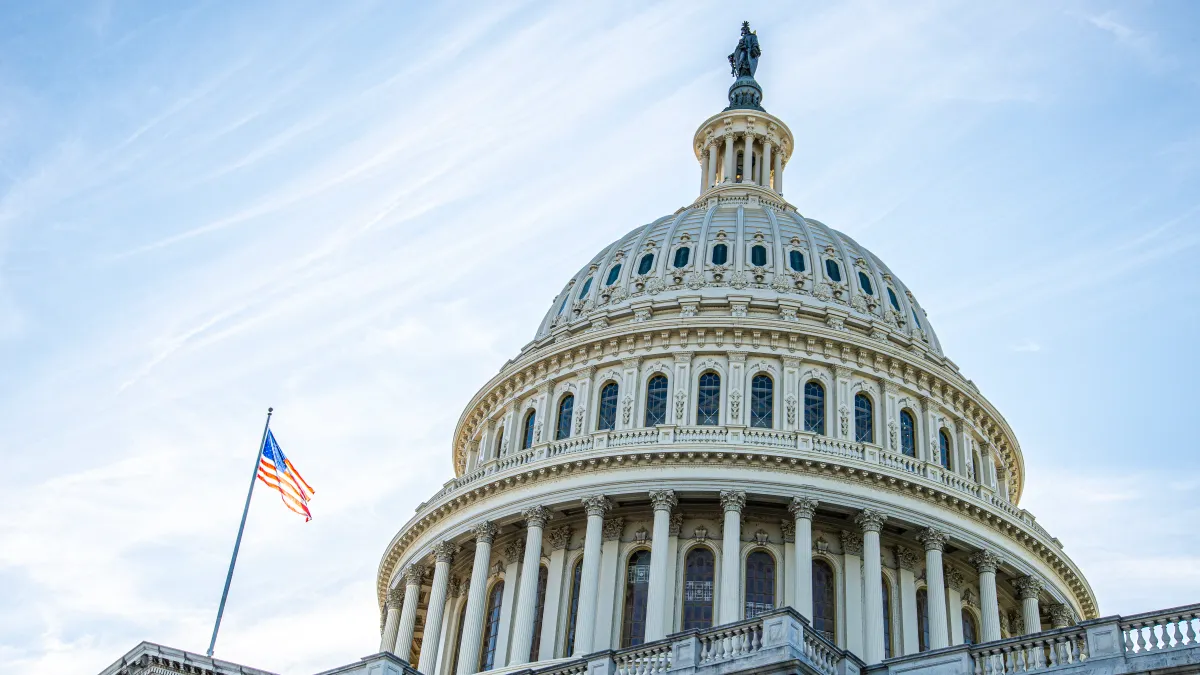Dive Brief:
- Advocacy is ramping up on a federal bill that would require colleges to include hazing incidents in federally mandated security reports made public each year.
- The Report and Educate About Campus Hazing Act, or REACH Act, would also require institutions to develop hazing prevention programs. A coalition of nearly 40 national campus security organizations recently reiterated support for the measure, which lawmakers introduced last year.
- The proposed legislation is bipartisan. New sponsors who signed on last month include Sen. Susan Collins, a Maine Republican, and Sen. Tim Kaine, a Virginia Democrat.
Dive Insight:
Hazing episodes have been documented for decades, but several incidents resulting in student deaths have drawn intense public scrutiny in recent years. Policing these incidents also becomes more challenging for colleges when Greek Life chapters disaffiliate from institutions, as several have done across the U.S.
The REACH Act would amend the Higher Education Act, which requires colleges each year to report annual crime statistics on incidents like sex offenses, aggravated assault and robbery.
Hazing would also be included in the list of crimes, whether it was reported to campus security or local law enforcement.
The bill would also demand colleges construct a campuswide anti-hazing program for students, employees and families. Programming would need to teach about hazing awareness and prevention, an institution’s hazing policies, how to report misbehavior and the process used to investigate these incidents.
The programs would also need to include information about such tactics as bystander intervention.
Transparency-related measures other than the REACH Act to prevent hazing have been proposed at the federal level. And several states have been reviewing criminal hazing statutes. In recent years, Pennsylvania, Ohio and Florida were among the states that passed more stringent anti-hazing laws.
Pennsylvania’s law, enacted in 2018, stemmed from a hazing-related death the previous year at Pennsylvania State University. The state law makes penalties stricter, such as fines, the withholding of diplomas and expulsion. And it adds felony charges if hazing results in serious death or injury.
Members of the national campus security groups coalition will be advocating for the REACH Act later this month at the Capitol. The proposed legislation is with the education committees in both the House and Senate.














